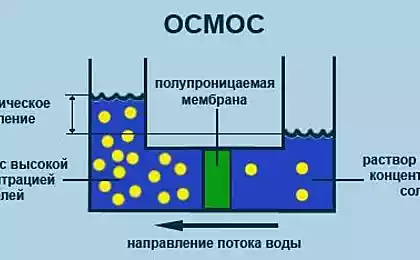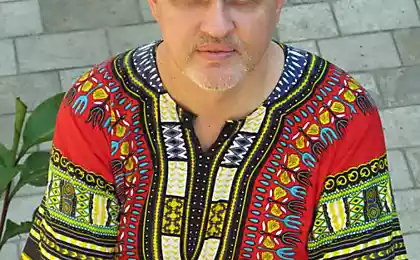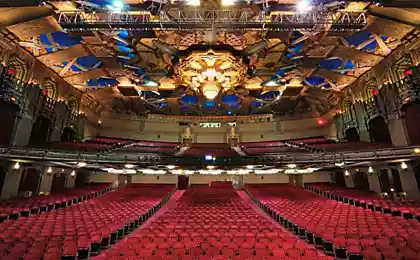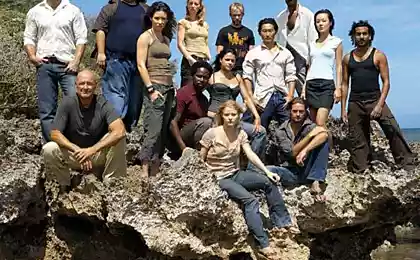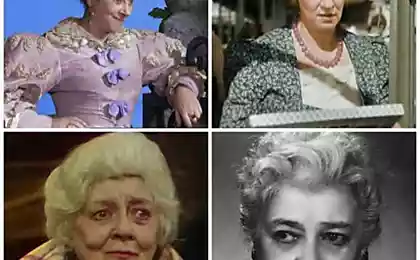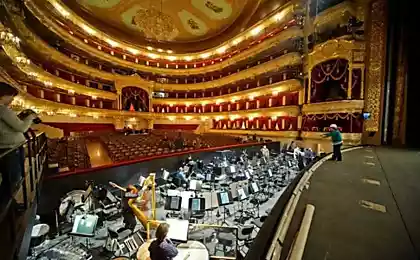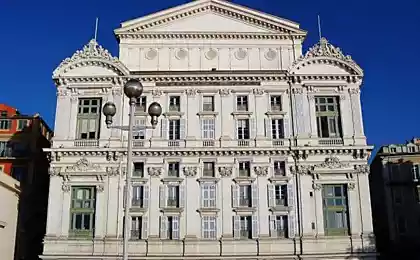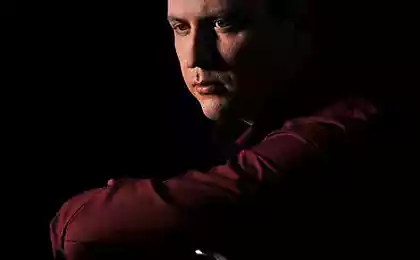186
For the sake of Stanislavsky's performances you can get into a time machine without a return ticket
Often in everyday life we use the phrase: “Stanislavsky would say: I do not believe.” The legendary saying of the brilliant director has firmly entered our lives, but do we know anything about the author other than his profession? Today we will talk about what Konstantin Stanislavsky left behind, as well as some interesting facts about his rich life.
Konstantin Stanislavsky Let’s start with a name. The surname Stanislavsky is a pseudonym that Konstantin Alekseev took back in 1885. The future founder of the Moscow Art Theater was a fan of the amateur artist Markov, in honor of him and took this pseudonym. Konstantin was born at an amazing time, as he himself has repeatedly mentioned. It was a real era. Having found serfdom, he also witnessed an unprecedented leap in technological progress.
View this post on Instagram
Posted by Get Better (@stan_luchshe)
Thanks to her mother, who was the daughter of Marie Varley herself, a famous Parisian actress, all children were fond of theater in their early childhood. Stanislavsky repeatedly recalled with slight annoyance that amateur theatrical work was hindered only by studying. Children were always making or making plans for mise-en-scene.
View this post on Instagram
Posted by Dmitry Rozumovych (@rozumovych)
At the age of 20, Stanislavsky had a son from a peasant girl. The father of the future director decided the situation radically: he adopted an illegitimate child, and so Vladimir, and that is how the boy was called, became in fact the brother of his father. Much later he would become one of the best experts in antiquity and even receive the Stalin Prize.
View this post on Instagram
Post from Your Personal Wind of Change (@evgeniyamushtakova)
Oh. The legendary meeting of Nemirovich-Danchenko and Stanislavsky You can talk for hours. The conversation lasted about 18 hours! We talked about everything, not just theater. Many call this dialogue the first step towards the founding of one of the most famous theaters. And in 1912, a studio was organized in the theater, preparing actors according to the Stanislavsky system.
View this post on Instagram
Publication by Actor/Alis Ivanov (@magicofacting)
I really liked Stanislavsky’s talk about happiness. His happiness is very... realistic. There's nothing wrong with it. It can even be said that his system of acting is fully invested in His worldview and definition of happiness:
View this post on Instagram
Posted by Orlov Lyudmila (@orlova_luda)
“Long lived. I saw a lot. He was rich. Then I got poor. I saw the light. Had a good family, kids. Life has spread all over the world. Looking for glory. Found it. I saw honors, I was young. Got old. We have to die soon. Now ask me: What is happiness on earth? In knowledge ...”
View this post on Instagram
Publication from M. Gorky Moscow Art Theatre (@mat.gorkogo)
The last production of Stanislavsky was the comedy “Talents and Fans” by A.N. Ostrovsky. After that, he worked with the actors of the Art Theatre on Moliere’s Tartuf.
From the editorial office of the phrase, which is familiar to all, we really belong to Konstantin Sergeyevich. Its importance is disputed by many critics. The usual meaning of the phrase is that the director did not tolerate anything superficial and fake, the actors had to fully get used to their roles.
By the way, one of the actors was so exhausted because of the nagging of the great director that he forced him to play his role and all the time while he played, he constantly said the same phrase. Surprisingly, Konstantin Sergeyevich treated the execution very patiently and even with humor. That was the man!
Konstantin Stanislavsky Let’s start with a name. The surname Stanislavsky is a pseudonym that Konstantin Alekseev took back in 1885. The future founder of the Moscow Art Theater was a fan of the amateur artist Markov, in honor of him and took this pseudonym. Konstantin was born at an amazing time, as he himself has repeatedly mentioned. It was a real era. Having found serfdom, he also witnessed an unprecedented leap in technological progress.
View this post on Instagram
Posted by Get Better (@stan_luchshe)
Thanks to her mother, who was the daughter of Marie Varley herself, a famous Parisian actress, all children were fond of theater in their early childhood. Stanislavsky repeatedly recalled with slight annoyance that amateur theatrical work was hindered only by studying. Children were always making or making plans for mise-en-scene.
View this post on Instagram
Posted by Dmitry Rozumovych (@rozumovych)
At the age of 20, Stanislavsky had a son from a peasant girl. The father of the future director decided the situation radically: he adopted an illegitimate child, and so Vladimir, and that is how the boy was called, became in fact the brother of his father. Much later he would become one of the best experts in antiquity and even receive the Stalin Prize.
View this post on Instagram
Post from Your Personal Wind of Change (@evgeniyamushtakova)
Oh. The legendary meeting of Nemirovich-Danchenko and Stanislavsky You can talk for hours. The conversation lasted about 18 hours! We talked about everything, not just theater. Many call this dialogue the first step towards the founding of one of the most famous theaters. And in 1912, a studio was organized in the theater, preparing actors according to the Stanislavsky system.
View this post on Instagram
Publication by Actor/Alis Ivanov (@magicofacting)
I really liked Stanislavsky’s talk about happiness. His happiness is very... realistic. There's nothing wrong with it. It can even be said that his system of acting is fully invested in His worldview and definition of happiness:
View this post on Instagram
Posted by Orlov Lyudmila (@orlova_luda)
“Long lived. I saw a lot. He was rich. Then I got poor. I saw the light. Had a good family, kids. Life has spread all over the world. Looking for glory. Found it. I saw honors, I was young. Got old. We have to die soon. Now ask me: What is happiness on earth? In knowledge ...”
View this post on Instagram
Publication from M. Gorky Moscow Art Theatre (@mat.gorkogo)
The last production of Stanislavsky was the comedy “Talents and Fans” by A.N. Ostrovsky. After that, he worked with the actors of the Art Theatre on Moliere’s Tartuf.
From the editorial office of the phrase, which is familiar to all, we really belong to Konstantin Sergeyevich. Its importance is disputed by many critics. The usual meaning of the phrase is that the director did not tolerate anything superficial and fake, the actors had to fully get used to their roles.
By the way, one of the actors was so exhausted because of the nagging of the great director that he forced him to play his role and all the time while he played, he constantly said the same phrase. Surprisingly, Konstantin Sergeyevich treated the execution very patiently and even with humor. That was the man!

